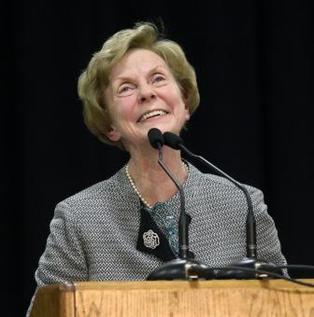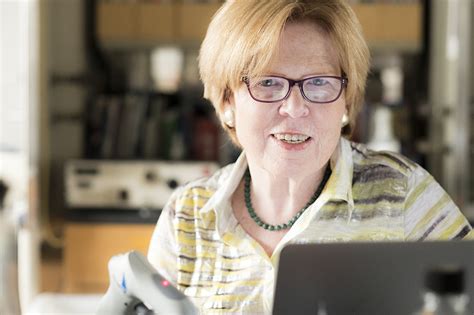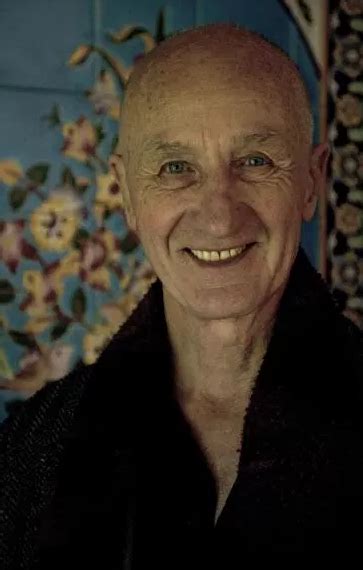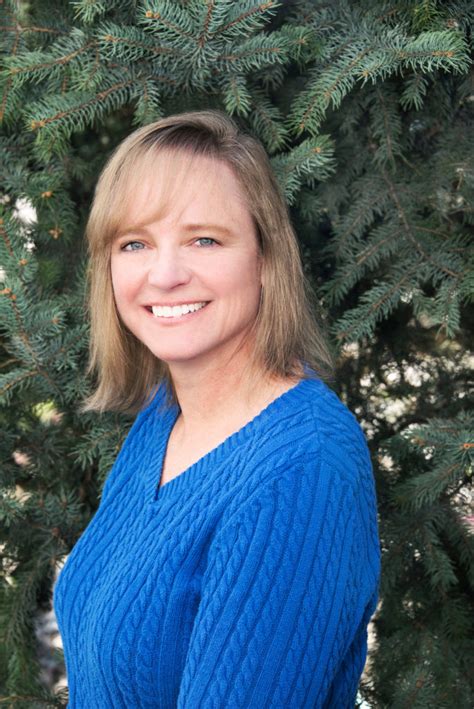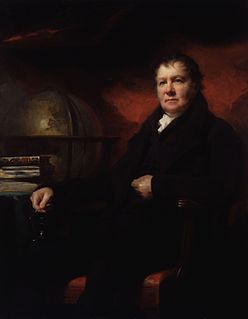A Quote by Jill Ker Conway
William Armstrong is a great teacher. He speaks truthfullyabout the discipline required for learning, and about the pleasures oforder and system in acquiring knowledge. Any reader, of any age, will enjoythis book.
Related Quotes
Knowledge about yourself binds, weighs, ties you down; there is no freedom to move, and you act and move within the limits of thatknowledge. Learning about yourself is never the same as accumulating knowledge about yourself. Learning is active present and knowledge is the past; if you are learning to accumulate, it ceases to be learning; knowledge is static, more can be added to it or taken away from it, but learning is active, nothing can be added or taken away from it for there is no accumulation at any time.
There is first the problem of acquiring content, which is learning. There is another problem of acquiring learning skills, which is not merely learning, but learning to learn, not velocity, but acceleration. Learning to learn is one of the great inventions of living things. It is tremendously important. It makes evolution, biological as well as social, go faster. And it involves the development of the individual.
Any day we wish we can discipline ourselves to change it all. Any day we wish; we can open the book that will open our mind to new knowledge. Any day we wish; we can start a new activity. Any day we wish; we can start the process of life change. We can do it immediately, or next week, or next month, or next year.
India is a little different from the developed world because discipline of any kind is alien to us. Along with the right to spit in public, we will resist all attempts to discipline our driving. As pedestrians, we will cross any road at will, and as cops, we will view traffic offences as business opportunities.
If my novel gets any attention in Bulgaria, it will be as a scandal: a book about a teacher at a famous school and his relationship with a prostitute. I doubt very much it will be evaluated on its merits as literature. If Bulgarian were the book's only language, that would be painful and limiting to me as a writer. Since my book also exists in English - where it isn't scandalous at all - I feel comfortable with the possibility of scandal.
Those with engineering skills will build tomorrow's genius computers. But those with the ability to create knowledge of any kind will be the ones who are best able to extract great value from them. The way to create value in the age of genius machines will be to compile and disseminate knowledge that other people will find useful.
There is one unmistakable lesson in American history; a community that allows a large number of young men to grow up in broken families, dominated by women, never acquiring any stable relationship to male authority, never acquiring any set of rational expectations about the future - that community asks for and gets chaos.
My husband, William Sutcliffe, the writer, is my first reader and in many ways my most important. That initial reading of the manuscript is crucial and irreplaceable and you want them to approach it as someone in a bookshop might, not knowing much about it. So I've got into this pattern of not telling Will anything about the book I'm working on. He often knows nothing about the book I'm working on at all until I give him the whole manuscript and ask him to read it. The book I'm working on at the moment he knows nothing about. No one does.
I know a good many men of great learning-that is, men born with an extraordinary eagerness and capacity to acquire knowledge. One and all, they tell me that they can't recall learning anything of any value in school. All that schoolmasters managed to accomplish with them was to test and determine the amount of knowledge that they had already acquired independently-and not infrequently the determination was made clumsily and inaccurately.
The Author of nature has not given laws to the universe, which, like the institutions of men, carry in themselves the elements of their own destruction; he has not permitted in his works any symptom of infancy or of old age, or any sign by which we may estimate either their future or their past duration. He may put an end, as he no doubt gave a beginning, to the present system at some determinate period of time; but we may rest assured, that this great catastrophe will not be brought about by the laws now existing, and that it is not indicated by any thing which we perceive.
But I am not sure it would contain any short stories. For the short story is a minor art, and it must content itself with moving, exciting and amusing the reader. ...I do not think that there is any (short story) that will give the reader that thrill, that rapture, that fruitful energy which great art can produce.
